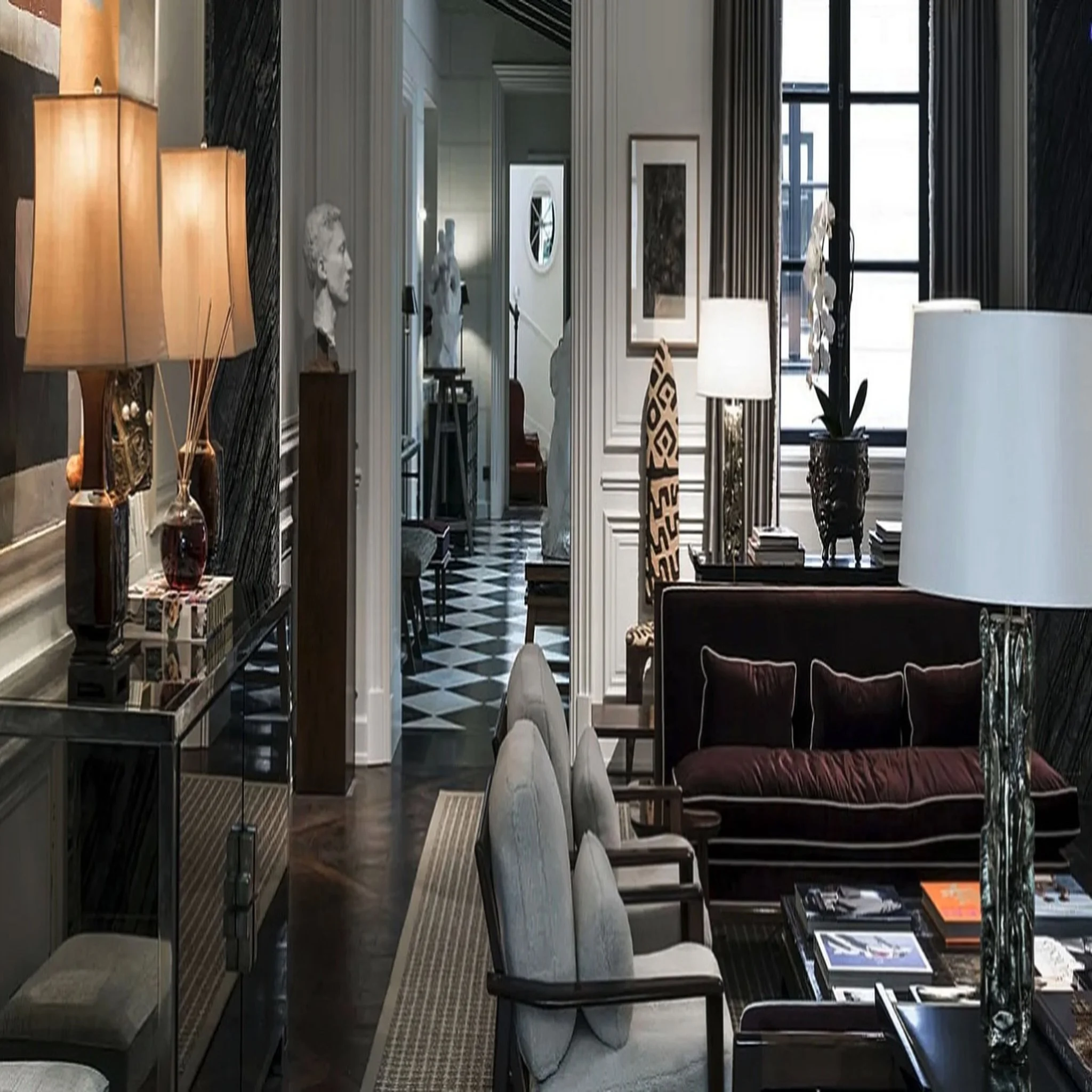The Travelling Cape
“Where the cape wanders, beauty follows”
The Travelling Cape | A Visual Diary of CASTELLAINES Destinations
The Cape Lands In…
“Paris, mon amour”
“Paris is always a good idea”
Paris is the city that invites you to look up.
To walk slower, to notice more.
Its elegance isn’t staged — it’s lived. In the curve of an iron balcony. The rhythm of shuttered windows. The scent of espresso in the morning air.
This is a city of light and texture, of façades that catch golden hour just right. Where beauty exists not only in museums, but in the moments between — a quiet bench in the Jardin du Palais Royal, a handwritten menu, the silhouette of someone disappearing into a side street.
Here, design and desire move side by side.
Paris swoons — and you swoon with it.
It is, always, a good idea.
Discover the best places to stay, sip, and stroll in Paris — curated by CASTELLAINES.
C A S T E L L A I N E S
Paris, in Residence
From Montmartre to Saint-Germain
A collection of Paris stays chosen for their discretion, beauty, and sense of place. Click through to step inside each address — part hotel, part secret, entirely unforgettable.
Where to stay in Montmartre
Hôtel Particulier Montmartre: Where Time Slows Down in Paris
23 Av. Junot, 18ᵉ arrondissement
Hidden behind ivy-covered gates at the edge of Paris’ most bohemian hill lies something few would expect: a historic maison once belonging to the Hermès family, now quietly transformed into one of the city’s most poetic private hotels.
Where to stay around Triangle d’Or
Maison Villeroy : A Whisper of Nobility
33, Rue Jean Goujon, 8ᵉ arrondissement
Tucked discreetly into Rue Jean Goujon, where Paris elegance no longer needs to announce itself, stands a hôtel particulier that doesn’t reach for grandeur — it is grandeur, remembered. Maison Villeroy is not a hotel in the ordinary sense, but rather a private residence that has been exquisitely awakened.
Where to stay in Saint Germain des Pres
J.K. Place – Rue de Lille - A Townhouse for the Initiated
82, Rue de Lille, 7ᵉ arrondissement
Tucked behind the quiet, gallery-lined hush of Rue de Lille, a Parisian door barely signals its presence. There is no fanfare. No red carpet. Only a linen awning and a gesture—a knowing pause for those who know where they’re going.

Paris, à Table
Paris Restaurants — A Curated Dining Map
A curated selection of restaurants in the 1st, 2nd, and 8th arrondissements, where Paris serves both beauty and flavour.
Héritages — A Parisian Table of Quiet Mastery
11, rue Treilhard - 8ᵉ arrondissement
Cèna — Intimacy with a Playful Edge
23, rue Treilhard - 8ᵉ arrondissement
Le Grand Café - Belle-Époque Reimagined
1, Place Clemenceau, - 8ᵉ arrondissement
Yam’Tcha - A Michelin-Starred Paris Table Infused with Tea
121, rue Saint-Honoré - 1ᵉ arrondissement
Les Confidences — A Salon for the Discreet Gourmet
12, Rue Jean Goujon, - 8ᵉ arrondissement
La Fontain Gaillon —Grace by the Fontain
1 Rue de la Michodière, - 2ᵉ arrondissement

Paris, en Galerie
A quiet walk through the city’s most captivating art addresses.
Paris does not hide its power — it frames it. Along rue de Seine and avenue Matignon stand some of the world’s most remarkable galleries, where modern masters meet contemporary visionaries. To walk here is to witness the city at its most assured: façades that hold history, rooms alive with dialogue between past and present, art that defines collections and shapes taste. This is Paris, en Galerie — where the cape pauses, not in secrecy, but in the center of cultural gravity.
Paris, en Trouvailles
An Ode to French Savoir-Faire & For the joy of finding what you didn’t know you needed
A curated walk through the city’s finest addresses - Astier de Villatte, Saint-Louis, Officine Buly, and more.
Paris does not only dress the world; it illuminates it with a constellation of craft, ritual, and objects of desire. To wander the city is to encounter ateliers where history lingers — porcelain fired in black terracotta, crystal cut with royal precision, silver shaped like sculpture, perfumes written in calligraphy.
This edition of The Travelling Cape is an ode to Made in France — to the boutiques, maisons, and workshops where creativity and craftsmanship are still practiced with exacting devotion. From the millinery of Maison Michel to the porcelain of Astier de Villatte, from the crystal of Saint-Louis to the personal apothecary of Officine Buly, each address is a reminder: in Paris, beauty is not bought, it is made.










